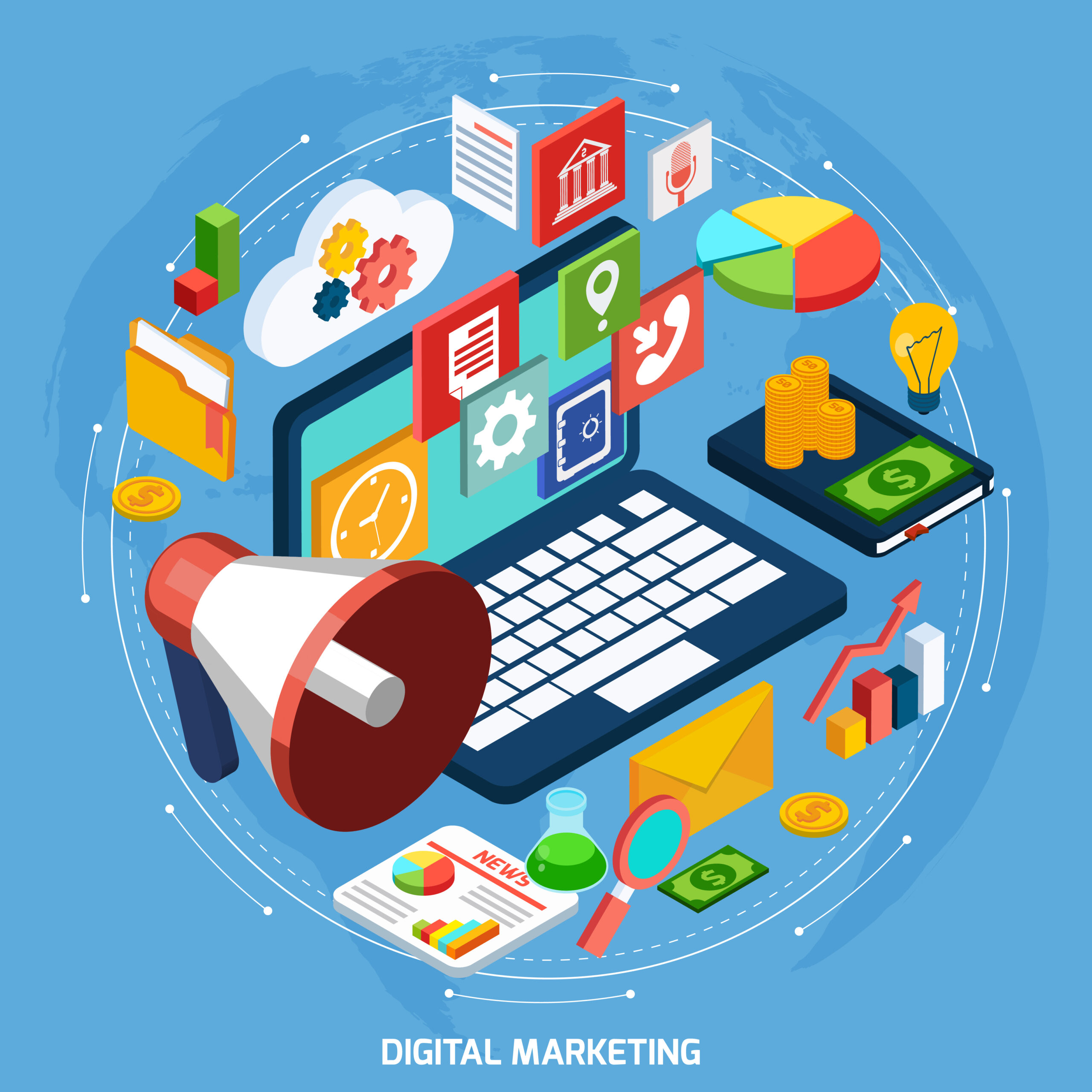SOME DIGITAL MARKETING ACRONYMS YOU MUST KNOW AS A DIGITAL MARKETER
Here are some essential Digital Marketing Acronyms every Digital Marketer must know.
- SMM- Social Media Marketing
Social media marketing is a form of digital marketing that involves creating and sharing content on social media platforms to achieve marketing and branding goals. It aims to increase brand awareness, drive website traffic, and engage with the target audience.
2. SMO-Social Media Optimization
This is the process of optimizing and enhancing a brand’s presence on social media platforms. The primary goal is to increase visibility, engage the target audience, and build a positive brand image. SMO involves refining social media profiles, creating shareable content, using relevant keywords and hashtags, and encouraging social sharing.
3. SEO- Search Engine Optimization:
Search Engine Optimization (SEO) is optimizing a website or online content to improve its visibility on search engine results pages. The primary goal is to increase organic (non-paid) traffic to the website. SEO involves various strategies and techniques such as optimizing content with relevant keywords, improving website structure and navigation, enhancing user experience, and building high-quality backlinks.
4. SEM-search Engine Marketing:
Search Engine Marketing (SEM) is a digital marketing strategy focused on increasing a website’s visibility in search engine results through paid advertising. SEM involves running paid advertising campaigns, commonly known as Pay-Per-Click (PPC) campaigns, where advertisers bid on keywords to have their ads displayed prominently on search engine results pages.
5. ROI- Return On Investment
Return on Investment (ROI) is a financial metric that evaluates the profitability of an investment by comparing the gain or loss generated relative to its cost. It is a crucial metric for decision-making, allowing businesses to evaluate the success of various initiatives and allocate resources wisely.
6. CPC- Cost Per Click
Cost Per Click (CPC) is a digital advertising metric that represents the price an advertiser pays for each click on their advertisement. It is a common pricing model used in online advertising, particularly in Pay-Per-Click (PPC) campaigns. Advertisers are charged a certain amount every time a user clicks on their ad, regardless of whether the click leads to a conversion or not.
7. PPC- Pay Per Click
Pay Per Click (PPC) is an online advertising model where advertisers pay a fee each time their ad is clicked. It’s a way of buying visits to a website rather than earning those visits organically. PPC advertising is commonly used in search engine advertising platforms, social media advertising, and other digital channels. PPC campaigns are often used to drive traffic to websites, generate leads, or promote products and services.
8. SERP – Search engine results page
A Search Engine Results Page (SERP) is the page displayed by a search engine in response to a user’s query. It typically includes a list of organic search results relevant to the entered search term, along with paid advertisements and other features such as featured snippets, knowledge panels, and related searches.
9. B2B – Business to business
B2B stands for Business-to-Business, and it refers to transactions and interactions between businesses rather than between a business and individual consumers (B2C). In a B2B context, companies sell products, services, or solutions to other businesses. This could involve manufacturers selling raw materials to other manufacturers, a software company providing services to businesses, or a marketing agency offering its expertise to another company.
10. B2C- Business- Consumer
B2C stands for Business-to-Consumer, and it refers to transactions and interactions between businesses and individual consumers. In a B2C model, businesses sell products, services, or solutions directly to end-users. Examples include online retail, where a company sells products to individual customers, or a service provider offering services to consumers. B2C transactions typically involve shorter sales cycles than B2B, and the marketing strategies often focus on reaching a broad consumer audience to drive individual purchases.
Do you find this content helpful? Leave a comment.
